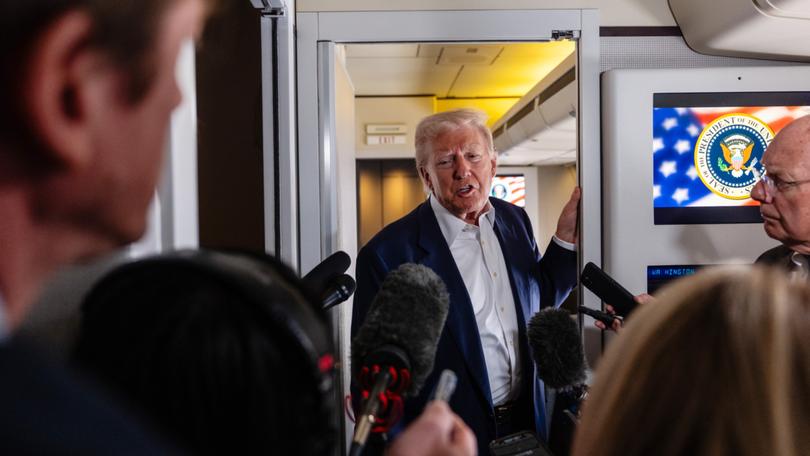THE NEW YORK TIMES: Ukrainian peace plan hints at concessions, but major obstacles remain
Ukraine’s leadership has drafted a counterproposal to a Trump administration plan that has drawn criticism for conceding too much to Russia.

Ukraine’s leadership has drafted a counterproposal to a Trump administration plan that has drawn criticism for conceding too much to Russia. While the counteroffer digs in on some of Ukraine’s earlier demands, it hints at possible concessions on issues that have long been seen as intractable.
Under the plan, which was obtained by The New York Times, there would be no restrictions on the size of the Ukrainian military; “a European security contingent” backed by the United States would be deployed on Ukrainian territory to guarantee security; and frozen Russian assets would be used to repair damage in Ukraine caused during the war.
Those three provisions could be nonstarters for the Kremlin, but parts of the Ukrainian plan suggest a search for common ground. There is no mention, for instance, of Ukraine fully regaining all the territory seized by Russia or an insistence on Ukraine joining NATO, two issues that President Volodymyr Zelensky has long said were not up for negotiation.
Sign up to The Nightly's newsletters.
Get the first look at the digital newspaper, curated daily stories and breaking headlines delivered to your inbox.
By continuing you agree to our Terms and Privacy Policy.President Donald Trump flew to Rome on Friday to attend the funeral of Pope Francis on Saturday; Zelensky had planned to as well, but his spokesperson said Friday that this would depend on the situation in Ukraine, where Russian attacks this week on the capital, Kyiv, and elsewhere have left dozens dead and wounded.
In a social media post after landing in Rome, Trump said Russia and Ukraine were “very close to a deal” and urged the two sides to meet directly to “finish it off.” A senior Ukrainian official, speaking on condition of anonymity, said that if Zelensky goes to Rome, he might try to present Trump with Ukraine’s counterproposal personally.
“In the coming days, very significant meetings may take place — meetings that should bring us closer to silence for Ukraine,” Zelenskyy said Friday in remarks that were uncharacteristically optimistic when compared with the tone of previous statements this week.
Zelensky rejected a White House proposal made public this week that would have the United States recognise Russia’s control over the Crimean Peninsula, which the Kremlin illegally annexed in 2014.
On Wednesday, Trump accused Zelensky of being “inflammatory” and said his refusal to concede to White House demands would “prolong the killing field.”
This article originally appeared in The New York Times.
© 2025 The New York Times Company
Originally published on The New York Times
